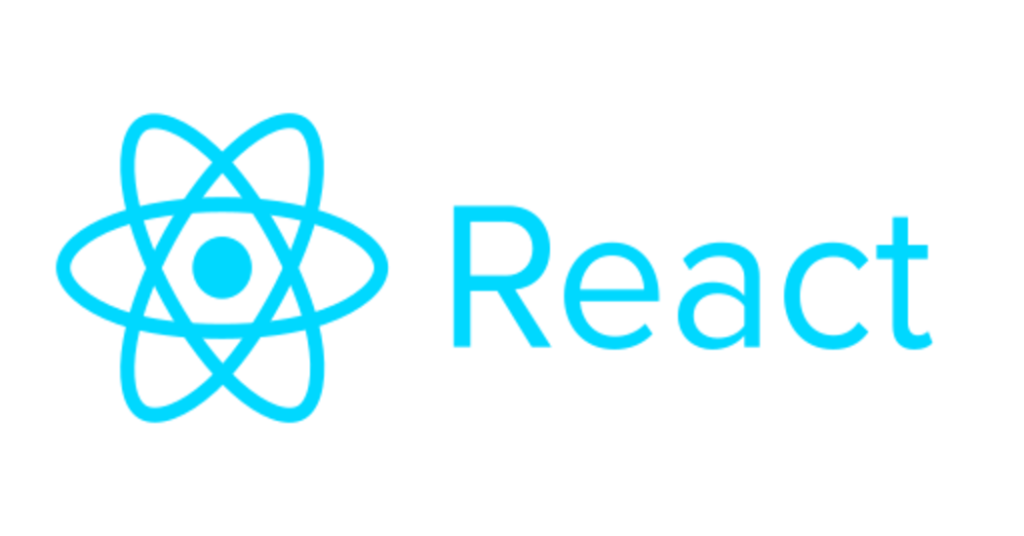Interview preparation is not just about memorizing answers but also understanding the concepts and being able to apply them in practical scenarios. Demonstrate your passion for learning, problem-solving skills, and ability to adapt to new challenges throughout the interview process.
To prepare for a React JS interview, consider the following steps:
Review React JS Concepts: Refresh your knowledge of React JS fundamentals, including components, JSX syntax, state management, props, lifecycle methods, and virtual DOM. Make sure you have a solid understanding of React JS principles.
Understand React Ecosystem: Familiarize yourself with popular libraries and tools in the React ecosystem, such as React Router for routing, Redux or MobX for state management, and Axios or Fetch for data fetching. Understand their use cases and how they integrate with React.
Practice Coding: Solve coding exercises and challenges using React JS. Build small projects or implement common features using React components to reinforce your coding skills and gain hands-on experience.
Explore React Patterns: Learn about common React patterns and best practices such as container/component pattern, higher-order components (HOCs), render props, and hooks. Understand when and how to use them effectively.
Study React Testing: Familiarize yourself with testing frameworks like Jest and tools like React Testing Library or Enzyme for testing React components. Practice writing unit tests and integration tests for your React applications.
Build Projects: Create small React JS projects or contribute to open-source projects to demonstrate your practical skills. Building projects helps solidify your understanding of React concepts and showcases your ability to develop real-world applications.
Be Aware of Performance Optimization: Learn about performance optimization techniques in React, such as lazy loading, memoization, and using the React DevTools profiler. Understand how to identify and address performance bottlenecks in React applications.
Stay Updated: Keep up with the latest React JS updates, including new features and improvements. Follow reputable blogs, newsletters, and community resources to stay informed about the evolving React ecosystem.
Mock Interviews and Practice: Conduct mock interviews with peers or mentors. Practice answering common React JS interview questions and receive feedback on your responses. Use this opportunity to refine your communication skills and boost your confidence.
Review Your Previous Work: If you have prior React JS experience, review the projects you’ve worked on. Be prepared to discuss your role, challenges faced, and solutions implemented. Reflect on your experiences and be ready to articulate them during the interview.
